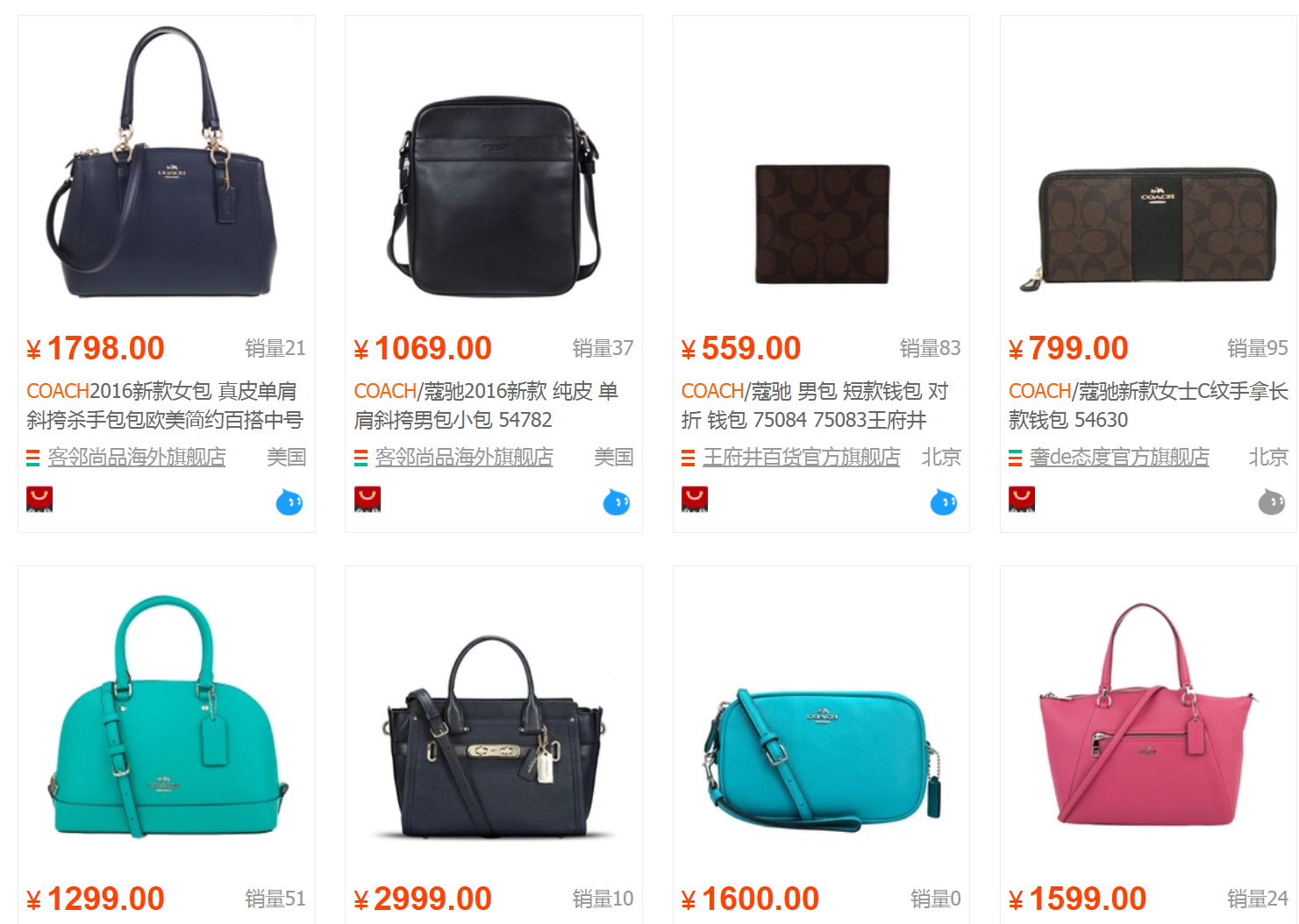Alibaba is stressing once again it will not tolerate counterfeit goods on its e-commerce platforms, but this time, the company is asking for more support. The group formally issued a public appeal at a press conference on Monday for stricter enforcement of current laws and tighter regulations and penalties for any individual involved with counterfeiting.
The company, which operates online shopping platforms Taobao and Tmall, has been entrenched in the battle over regulating not only its sellers, but also stopping counterfeit goods from getting to online sellers in the first place. The group said that last year it confiscated 150,000 counterfeit memory disks in connection with an operation that involved raiding 13 factories and ultimately the arrest of 16 suspected sellers.
“Alibaba is unambiguously committed to continuing its efforts to fight counterfeiting; however, its ability to remove merchants and products is much less productive in the long term without the support of more legally enforceable sanctions,” the company said in a statement.
At the press conference, Alibaba representatives said that China's current anti-counterfeiting laws are too “ambiguous,” letting products sip through the cracks along the manufacturing chain. Last year, while the company fought and ultimately lost the battle to stay a part of the International Anti-Counterfeiting Coalition, its team came across almost 4,500 counterfeiting leads, but had just 469 cases and ultimately just 33 convictions because of loopholes in the laws. At this rate, the company said, “there is no way to root out counterfeiting.”
“Alibaba Group is itself a victim of counterfeiting,” the statement said. “The manufacturing industry and business environment of China suffers even more. Counterfeiting is damaging, not only to consumers and legitimate merchants, but also to innovation and the long-term economic development of our nation, hindering China’s growth as a responsible economic power.”
Company officials stressed that their anti-counterfeiting team of 2,000 members have been doing everything within their own ability to fight fake goods from popping up on their websites, including taking down 380 million product listings. While Alibaba's efforts didn't appear to be good enough to keep the company in good standing with the U.S. Office of the Trade Representative (USTR), which added Taobao back on its counterfeiting blacklist in December, some brands have reportedly returned to offer the company support. In January, the company formed a 20-member alliance with a number of major luxury brands, including Louis Vuitton, Swarovski, and earlier this month, a fifth LVMH-owned luxury brand, Swiss watchmaker Tag Heuer, opened an official flagship store on Tmall.
The latest developments in Alibaba's anti-counterfeiting saga may indicate that, down the line, there will be further support from outside parties to legitimize the products sold on the e-commerce platform. If that's the case, this will no doubt be in the best interests of luxury brands seeking to tap into China's growing online retail scene.
